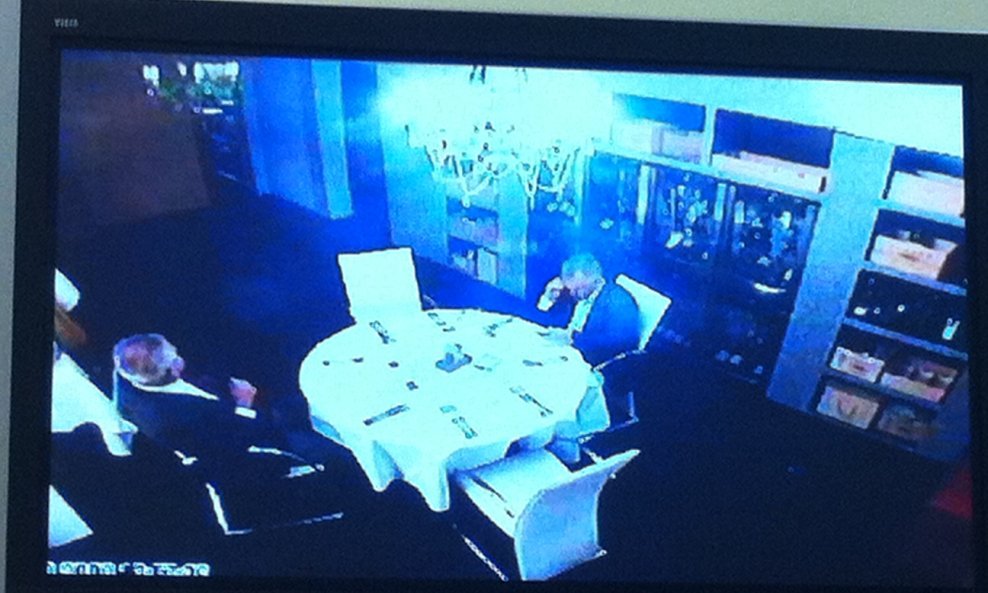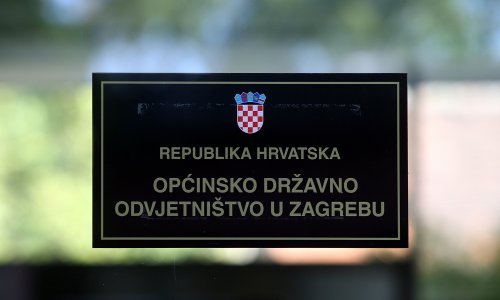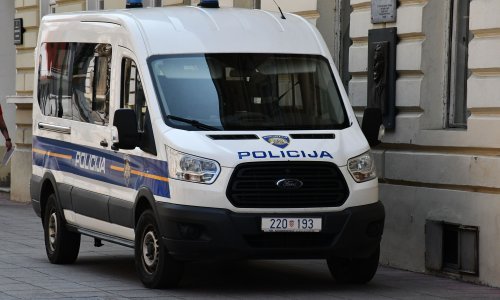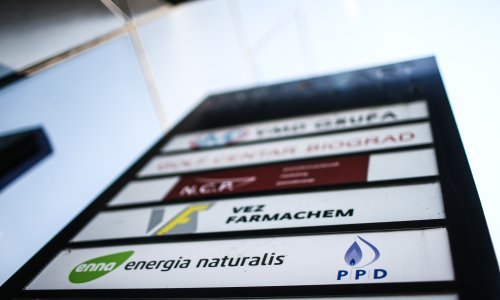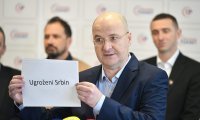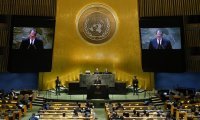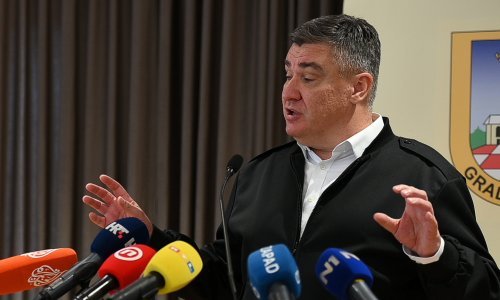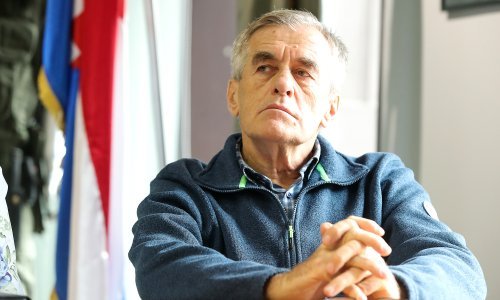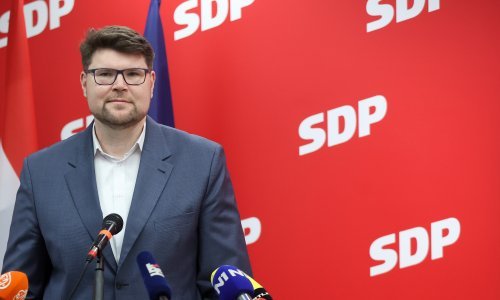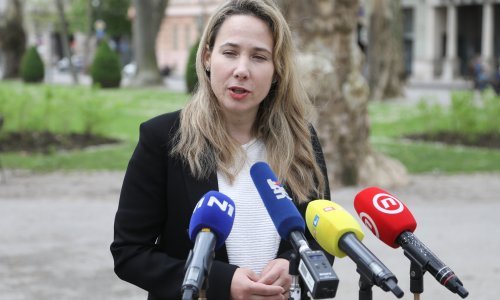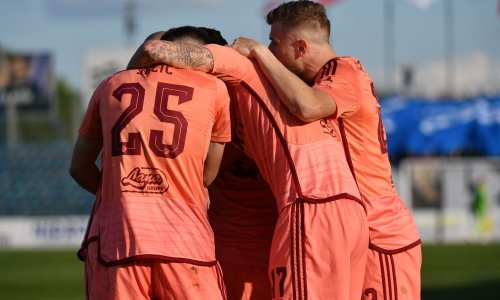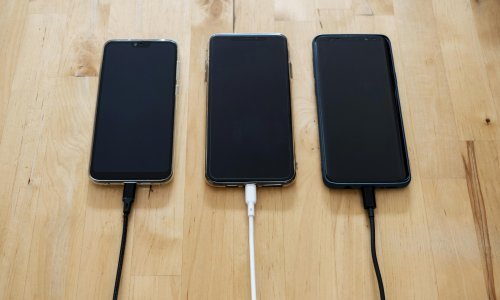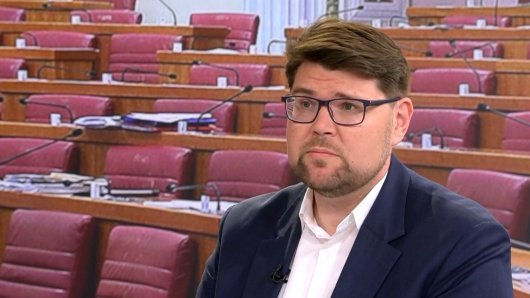Croatia's anti-corruption agency USKOK said on Tuesday it had made a second request to Hungary to question the chief executive of the oil and gas group MOL, Zsolt Hernadi, saying that without it it would not be able to complete its investigation of him.
Hernadi is suspected of giving 10 million euros in bribes to former Croatian Prime Minister Ivo Sanader to secure for MOL a dominant position in the Croatian oil and gas company INA. The new request for his interrogation was submitted to the Hungarian judicial authorities early this month.
The Hungarian Chief Public Prosecutor's Office dismissed the initial request on July 14, citing national interests.
USKOK said that the investigation of Hernadi would be completed only after the Hungarian authorities granted its request or after they themselves questioned him and make his statement available to USKOK.
Croatian media on Monday quoted a MOL spokesman as saying that Hernadi had made a statement before Hungarian investigators. Hernadi reportedly stated that he had been introduced to Sanader in August 2004 by Wim Van Velzen, former president of the European People's Party who had been an adviser to Sanader. Hernadi said he had frequently met with Sanader even after he had resigned as prime minister. He said that a meeting with Sanader at the Marcelino restaurant in Zagreb had been arranged at the urging of Dioki owner Robert Jezic who wanted his petrochemical company to take over INA's ethane separation plant.
Jezic is one of the key prosecution witnesses in the Sanader trial before the Zagreb County Court. He allegedly told USKOK that half of the 10 million euro bribe to Sanader had been paid through his firms in Switzerland.
MOL has rejected the accusations against Hernadi, saying that no payments or payment arrangements had been made with any decision makers in Croatia, directly or indirectly, before or after the signing of the INA shareholders' agreement.



